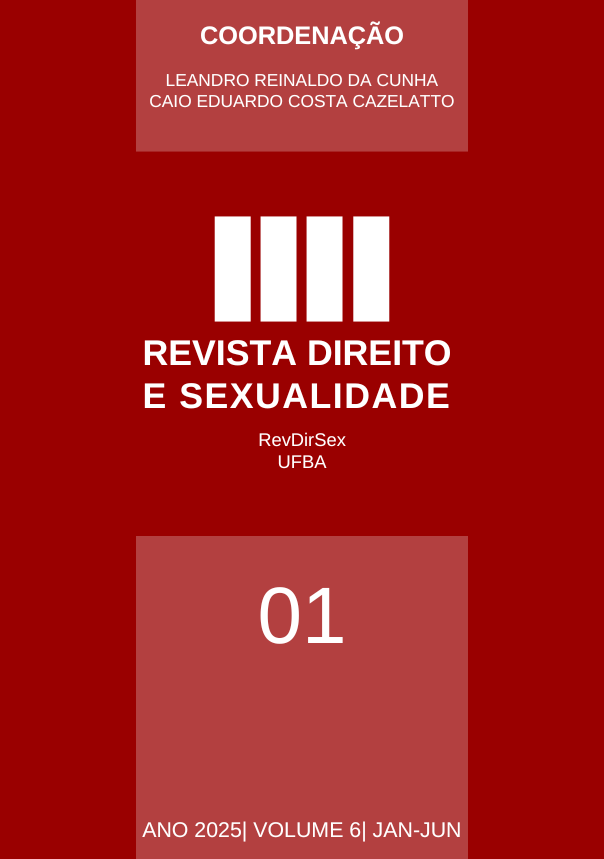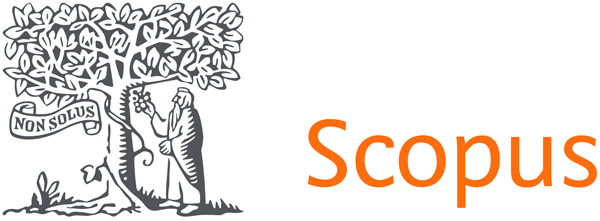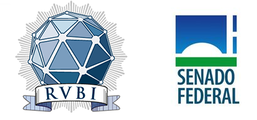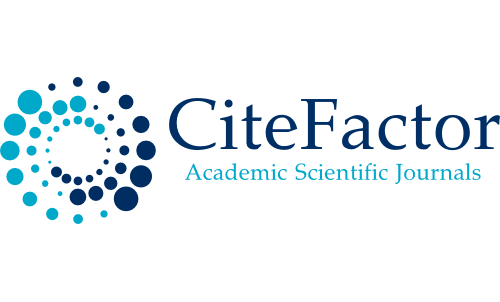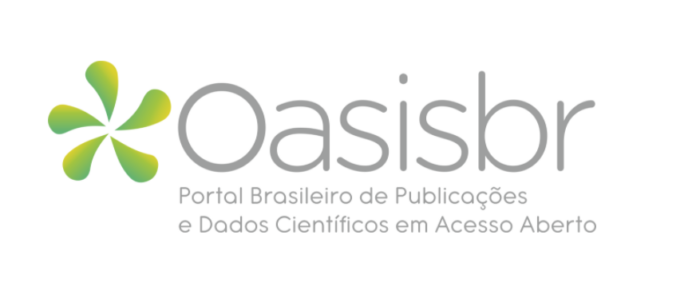EDUCAÇÃO SEXUAL E INCLUSÃO LGBTQIA+
DESAFIOS JURÍDICOS E POLÍTICAS PÚBLICAS NO BRASIL
DOI:
https://doi.org/10.9771/rds.v6i1.64891Palavras-chave:
direito, educação sexual, inclusão, LGBTQIA , políticas públicasResumo
Este artigo analisa a interseção entre educação sexual e inclusão LGBTQIA+ no Brasil, destacando os desafios jurídicos e as políticas públicas envolvidas. A pesquisa aborda a evolução histórica da educação sexual no país, o marco legal vigente, as resistências enfrentadas e as iniciativas governamentais e não governamentais que buscam promover um ambiente educacional inclusivo e respeitoso. O estudo utiliza uma abordagem qualitativa, fundamentada em revisão bibliográfica e análise documental, visando contribuir para o debate sobre a efetivação dos direitos humanos no contexto educacional brasileiro. educação a partir da análise, com vistas a compreender a singularidade e a funcionalidade do espaço escolar na experiência de vida de sujeitos LGBT, especialmente referente ao exercício da cidadania e da garantia do direito humano à educação. Ainda, reflete-se sobre os desafios da educação e do currículo sob a perspectiva das relações de gênero e sexualidade de pessoas LGBT.
Downloads
Referências
BANDINI, Adriano; SILVA, Almir, et,al. DIVERSIDADE E INCLUSÃO: E SUAS DIMENSÕES – Editora : Literare Books International; 1ª edição (25 abril 2022)
BRASIL. Constituição da República Federativa do Brasil de 1988. Disponível em: https://www.planalto.gov.br.
BRASIL. Lei nº 9.394, de 20 de dezembro de 1996. Estabelece as diretrizes e bases da educação nacional (LDB). Disponível em: https://www.planalto.gov.br.
BRASIL. Ministério da Educação (MEC). Projeto Escola Sem Homofobia: Diversidade e Cidadania na Escola. Disponível em: http://portal.mec.gov.br/ (acessado em: 12 fev. 2025).
LOURO, Guacira Lopes. GÊNERO, SEXUALIDADE E EDUCAÇÃO: Uma Perspectiva Pós-Estruturalista – Editora Vozes, 2014.
PINHEIRO, Rodrigo Carlos; FREITAS, Luciana. EDUCAÇÃO INCLUSIVA E DIVERSIDADE – Mazza Edições, 2022.
PRÁTICAS INCLUSIVAS PARA A POPULAÇÃO LGBTQIA+. Disponível em: https://portal.epitaya.com.br.
RAMOS, Rossana. INCLUSÃO NA PRÁTICA: ESTRATÉGIAS EFICAZES PARA A EDUCAÇÃO INCLUSIVA – Editora: Summus Editorial; Edição revista (5 junho 2023)
SEM APOIO INSTITUCIONAL, PROFESSORES DE SP COMBATEM LGBTFOBIA COM CRIATIVIDADE – Brasil de Direitos. Disponível em: https://www.brasildedireitos.org.br/.
SECRETARIA DE ASSISTÊNCIA SOCIAL DO ESTADO DE SERGIPE. Projeto Diversidade e Direitos Humanos na Escola. Disponível em: https://assistenciasocial.se.gov.br/propria-escola-da-rede-publica-estadual-recebe-projeto-diversidade-e-direitos-humanos-na-escola/.
SECRETARIA DE ESTADO DE EDUCAÇÃO DE MATO GROSSO. Projeto Escola Sem Homofobia divulga resultados de pesquisa feita em Cuiabá. Disponível em: https://www.sesp.mt.gov.br/-/projeto-escola-sem-homofobia-divulga-resultados-de-pesquisa-feita-em-cuiaba.
UNESCO. Educação e Diversidade: Uma Análise das Práticas Inclusivas nas Escolas Brasileiras. Relatório UNESCO, 2017. Disponível em: https://www.unesco.org/pt/fieldoffice/brasilia/expertise/education-quality-brazil.
UNIVERSIDADE DE SÃO PAULO (USP). Programa de Ação Afirmativa para Pessoas Trans (2016). Disponível em: https://www.usp.br.
Downloads
Publicado
Como Citar
Edição
Seção
Licença
Copyright (c) 2025 Autores

Este trabalho está licenciado sob uma licença Creative Commons Attribution 4.0 International License.
- A Revista se reserva o direito de efetuar, nos trabalhos originais, alterações de ordem normativa, ortográfica e gramatical, com o intuito de manter o padrão culto da língua, respeitando o estilo dos autores.
- As opiniões emitidas pelos autores são de suas exclusivas responsabilidades.
- Os direitos de licenciamento utilizado pelo periódico é a licença Creative Commons Attribution 4.0 International License.
- Os direitos autorais pertencem exclusivamente aos autores. São permitidos o compartilhamento (cópia e distribuição do material em qualquer meio ou formato) e adaptação (remixar, transformar e readaptar o trabalho original para todos os fins, inclusive comerciais), desde que lhe atribuam o devido crédito pela publicação inicial neste periódico.
- Autores têm permissão e são estimulados a publicar e distribuir seu trabalho online após a publicação, uma vez que isso pode aumentar o impacto e a citação do trabalho publicado (Veja O Efeito do Acesso Livre).
